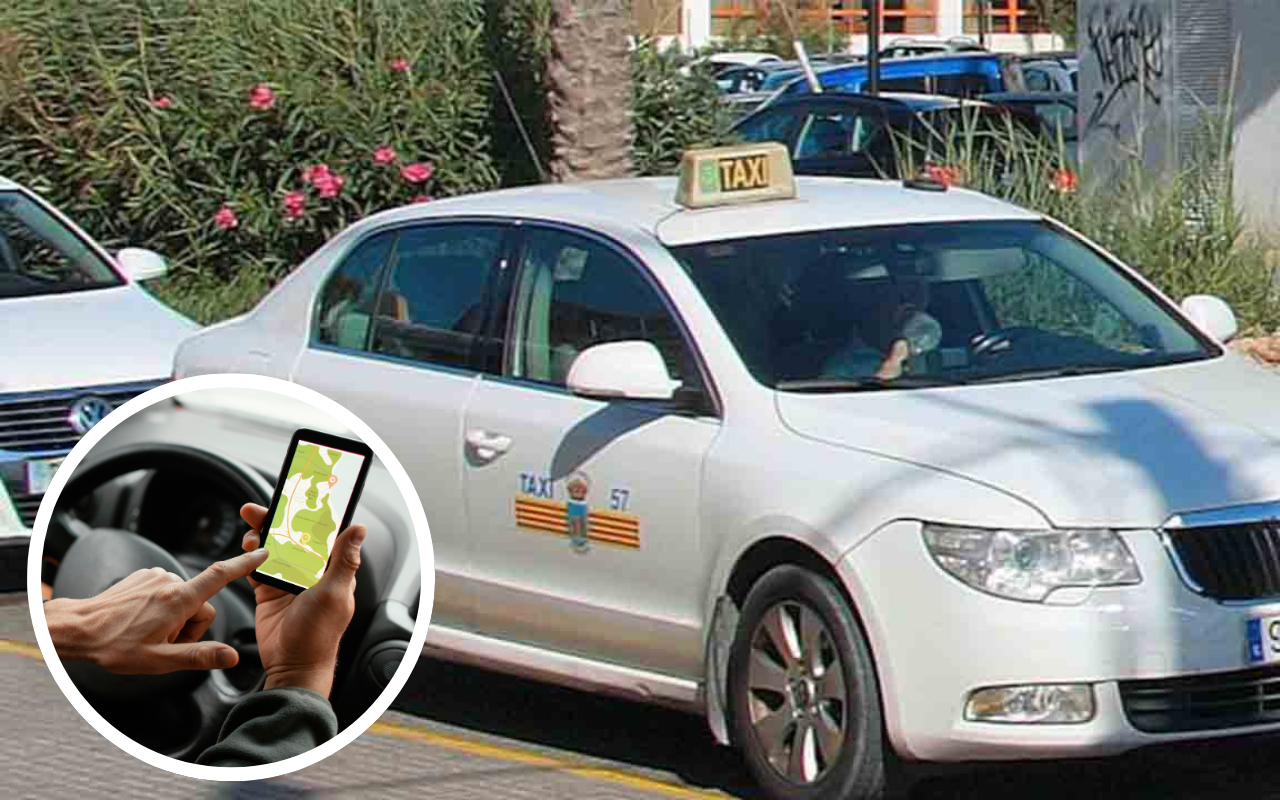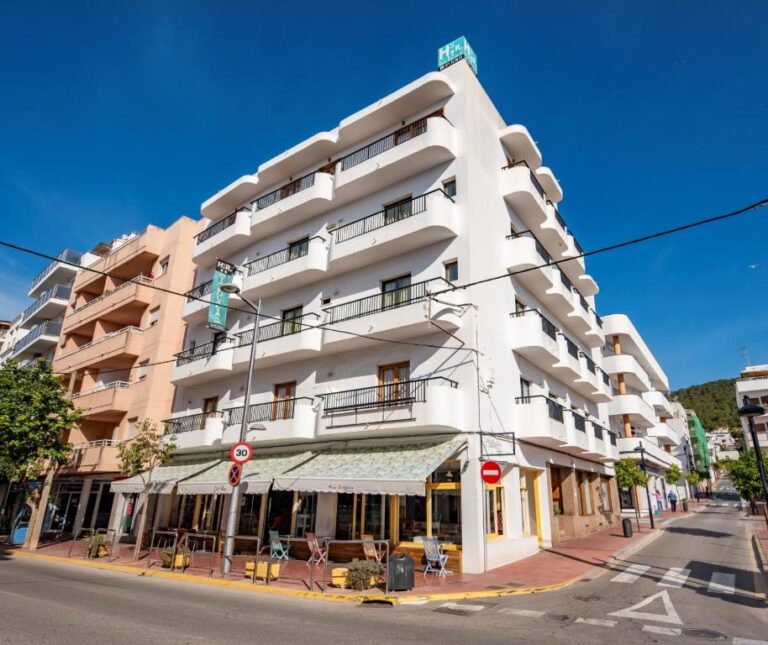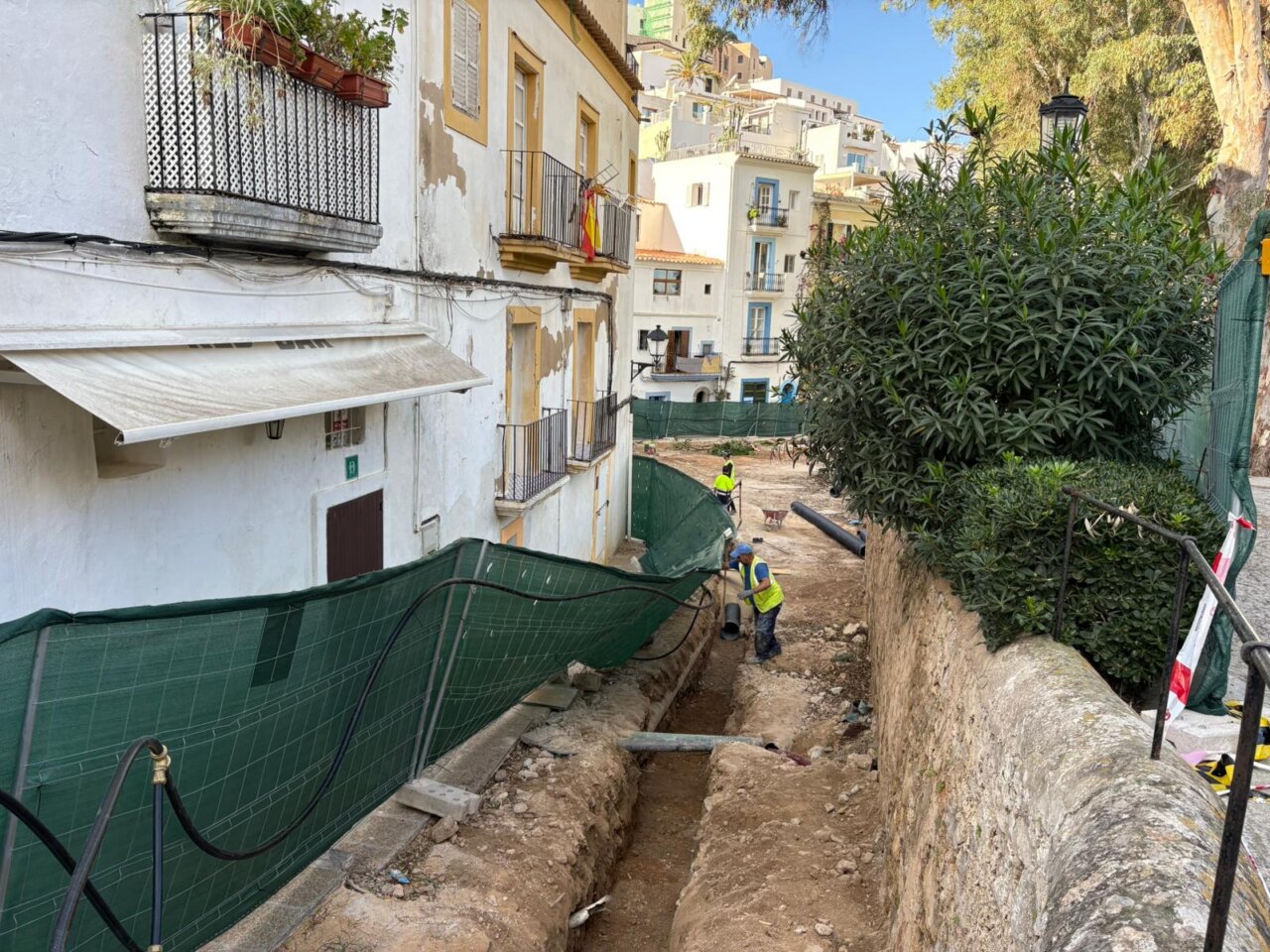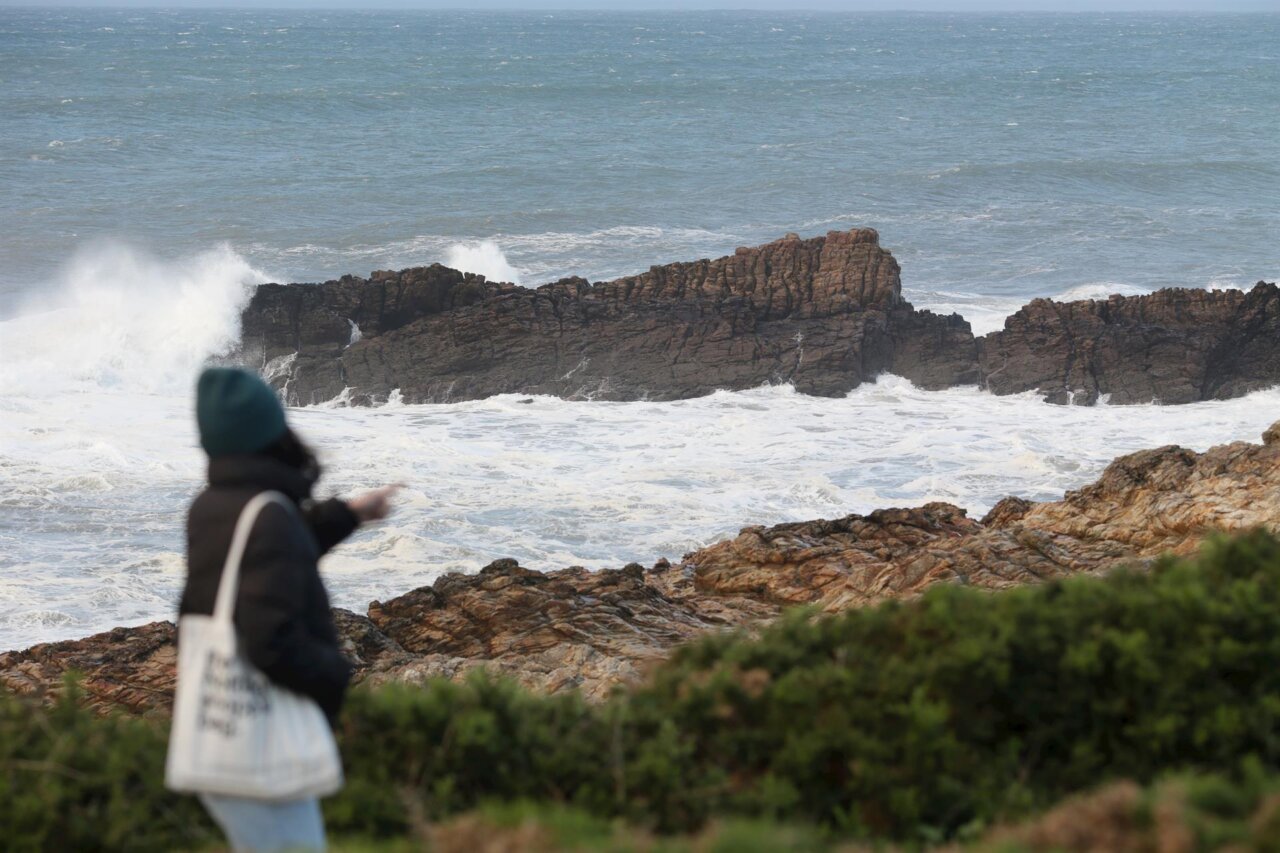Cab drivers from Menorca have presented to the Ibiza City Council their GPS management system, with the aim that the municipality can incorporate more than one operator and professionals can choose which platform to use. The manager of the Menorcan Radio Taxi Association, Digna Tur, explained to the Mobility councilor, Rubén Sousa, last week the operation of the model they use on that island and opened the door to Ibiza to try it out.
According to La Voz de Ibiza, the Consistory slipped that analyzes open the door to more GPS systems, without ruling out that the Insular Taxi Federation of Ibiza (FITIE) continue operating as before. “They don’t want to close the door, they want more options,” Tur summarized after the meeting.
The municipal GPS regulation allows for the coexistence of several systems: Article 3 states that cab drivers “may choose the GPS system or systems and the operating entity they deem appropriate”.
If Ibiza decides to continue, the Menorcan association could activate a technical test for a limited period, in parallel to the service currently managed by FITIE through its head office and the channels already known to users.
Similarities and differences
If the City Council opens the door to more operators, each cab driver will have to choose which exchange to work with: keeping the system managed by FITIE, based on technology Taxitronictechnology, or switch to the model of the Menorcan Radio Taxi Association, which operates in Menorca with the platform Auriga.
Both solutions allow you to assign services via GPS, manage bookings and work with driver apps, but each uses different tools and channels, which could impact both day-to-day cab operations and the passenger experience.
In Ibiza, the current system combines a central cloud-based system, a booking website, an app integrated with TaxiClick and the new option of ordering cabs via WhatsApp, as well as direct integration with Taxitronic taximeters, which concentrate service data, vehicle position and invoicing in a single device.
In Menorca, the association uses a dispatcher connected to an app for cab drivers and a passenger application that allows booking, seeing the vehicle that will arrive, knowing the planned route and receiving an estimate of the price before getting into the car, and is part of a network present in about 600 Spanish municipalities. For a tourist destination like Ibiza, this means that a visitor using this system in another city could also use it on the island.
In other words, for users, the entry of a second operator would mean more digital avenues for ordering cabs and the possibility of accessing different levels of information depending on the system to which the vehicle accepting the service is connected.
For cab drivers, the choice will not only be technological: it will involve comparing fees, type of reports available, ease of use and degree of integration offered by each platform to manage their day, advance bookings and times between services. In this sense, the trial period promised by the Menorcan association could prove to be key.
Tough on pirate cab drivers
From the Agrupación Empresarial de Auto Taxi y Auto Turismo de Baleares, its director Joan Marí Riera points out that, from a technological point of view, the management systems used in Ibiza and Menorca offer similar features, but stresses that the determining factor is that these functions are enforced.
In that line, Tur has remarked that “we have an internal regulation of the association that goes to mass”, that in Menorca there are people dedicated to investigate rejections and that “if they happen, they are sanctioned”. “We seek that the client has the service when requested,” he emphasized.
Strict customer-oriented control: the proposal with which Menorca seeks to seduce its customers
Tur summarizes that on his island “we have an automated island” and that they have developed tools so that the customer does not depend so much on calling the switchboard, especially in summer, when the lines are saturated.
The Menorcan association has a website for advance reservations, an application to request cabs on the spot and another one designed for establishments such as hotels or restaurants, all connected to the same GPS system.
The manager stresses that the aim is to guarantee the customer a certain waiting time and to give priority to certain trips: ports, airports and medical appointments. “A customer going to the beach, if he arrives thirty minutes late, the beach is still there,” explains Tur, while a boat, a flight or a medical appointment can be missed. He also stresses the importance of reservations: in Menorca they already work with reservations closed months in advance, something that is not common in Ibiza.
These functions –normal and periodicreservations, preferential services, obligation to accept assigned services and the possibility of sanctioning unjustified refusals –are already included in the Ibiza GPS Regulation, which classifies as an infraction the refusal of more than a certain number of services per month. The difference depends on the practical application made by each operator.
GPS fees and historical claims
The possible landing of the Menorcan model takes place in a context of opposition from some cab drivers due to the GPS fee in Ibiza. As reported by this media, the FITIE has gone in a short time from charging 95 euros per month to apply rates that have reached 150 euros per month, justified in part by the cost of the system and other expenses of the sector.
The Agrupación de Autotaxis de Baleares has denounced that, with the current formula, cab drivers who are not members of the FITIE end up financing part of the internal structure of the federation, as they are obliged by ordinance to connect to the GPS that the federation manages.
So far, Tur has not specified what the amount of the fee could be if the GPS service for Ibiza were to be provided through the Menorcan association and the Auriga system. He points out that only the proposal has been presented and that, from now on, the ball is in the hands of the Ibiza Town Hall.










